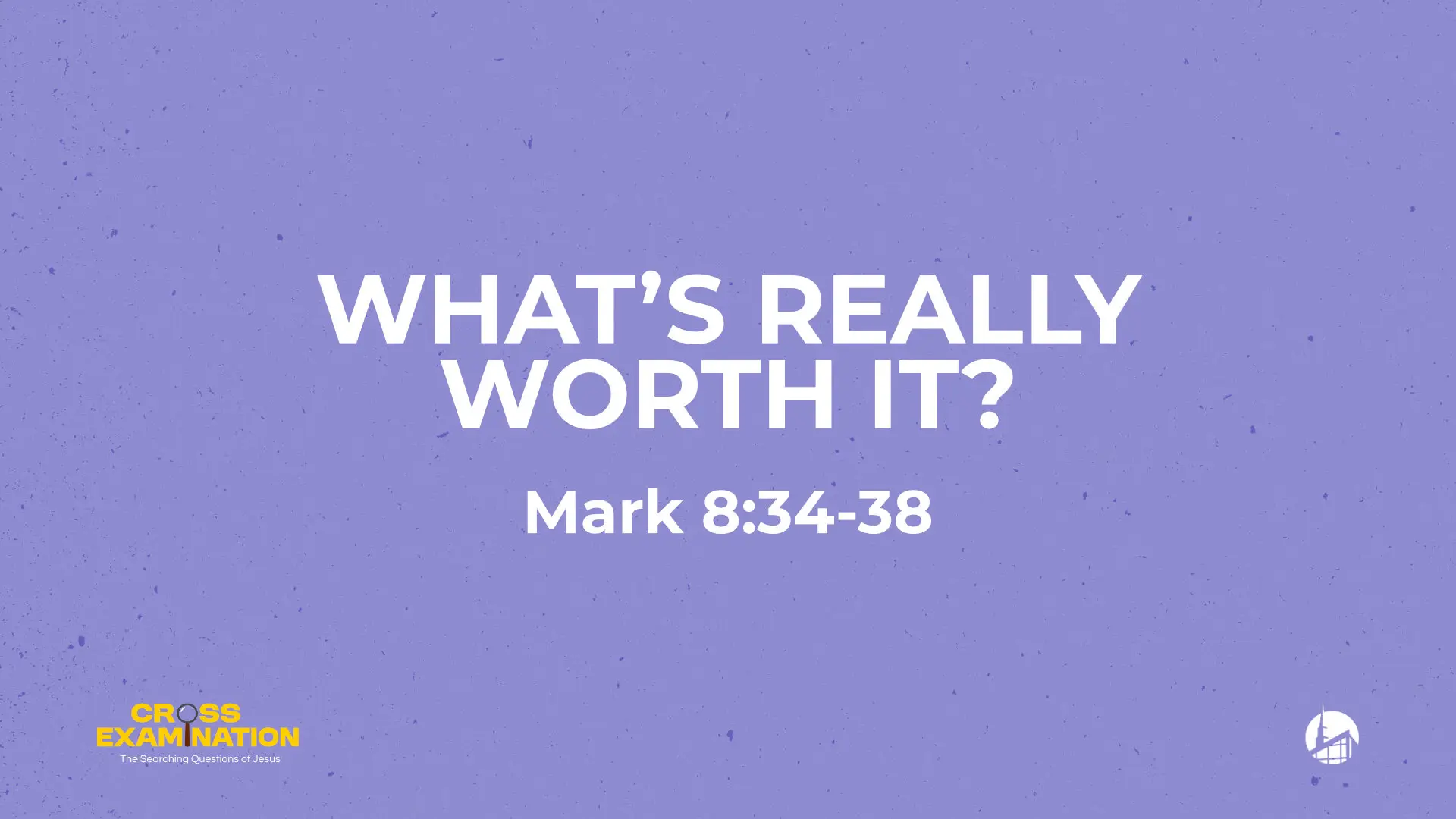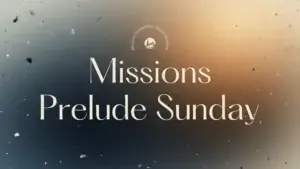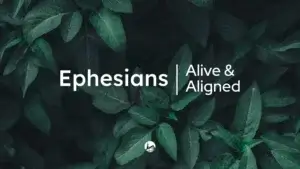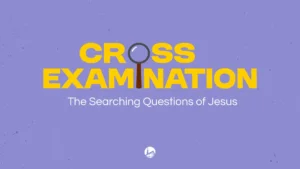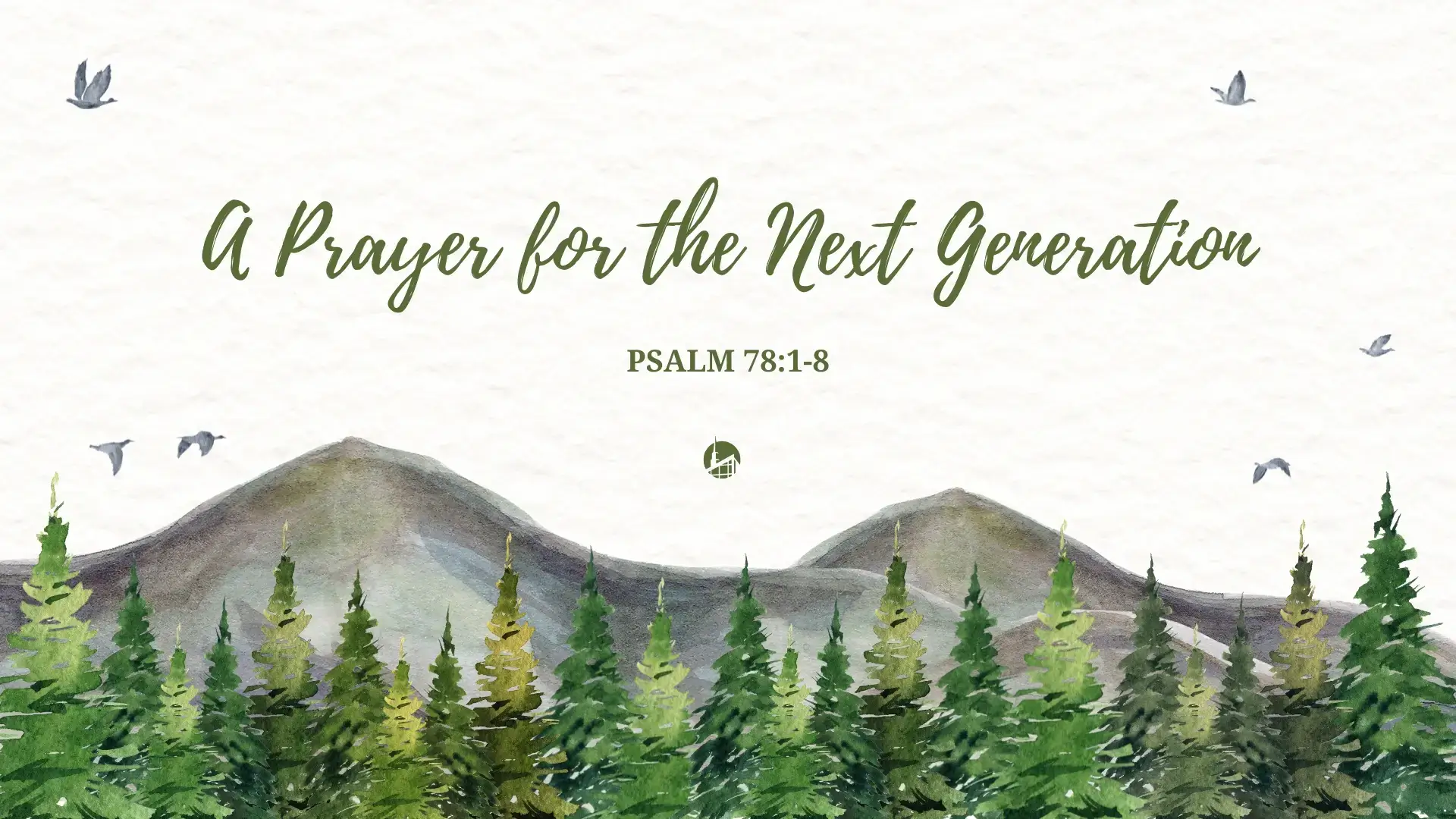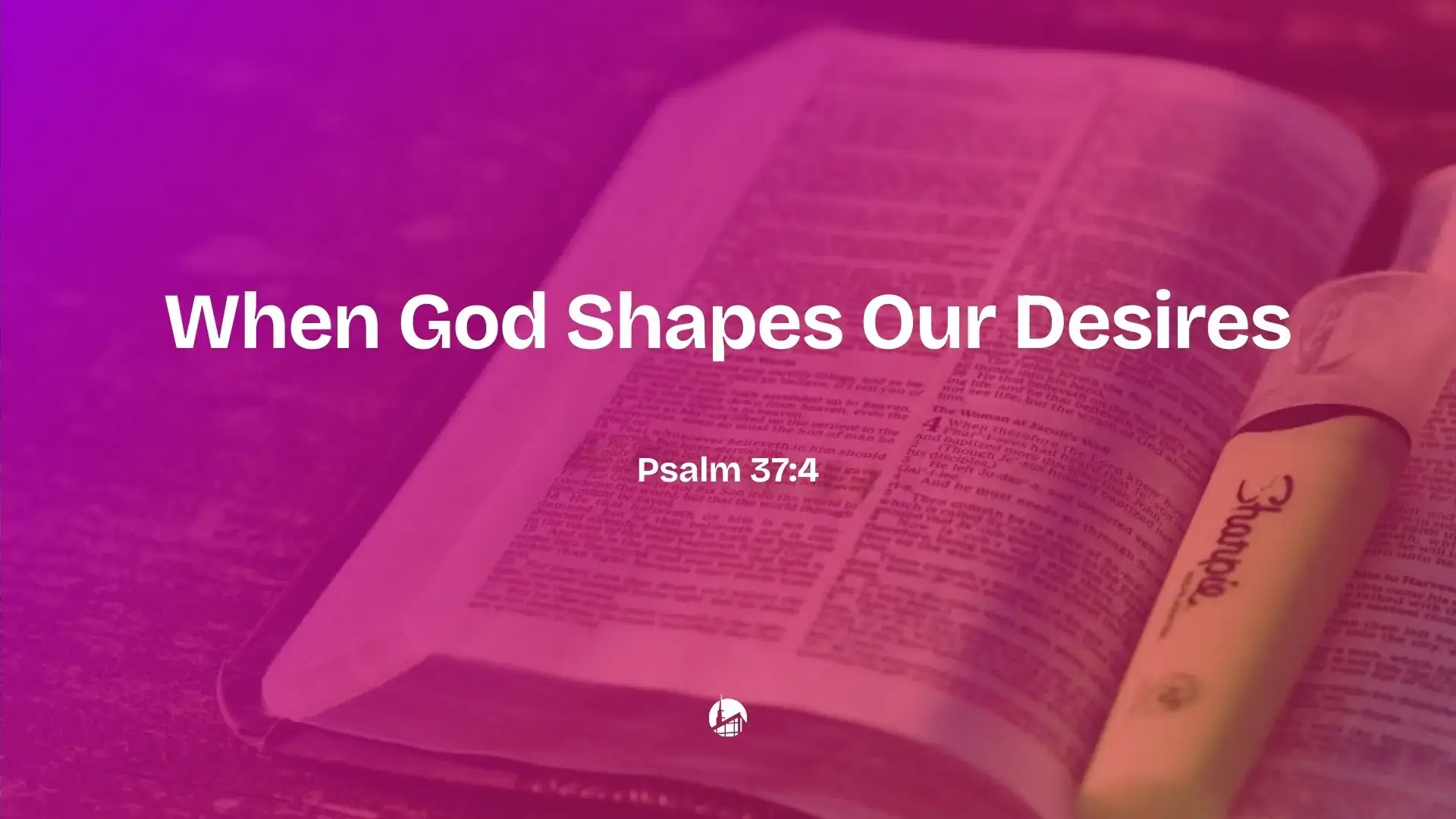Every day, we make trades. We exchange time for money, comfort for convenience, and sometimes even integrity for advancement. But in Mark 8:34-38, Jesus confronts us with the most critical exchange of all, our soul. In this powerful teaching, we’re reminded that not all gains are profitable and not all losses are damaging. This is not merely a message for those outside the church; it is a challenge to anyone who desires to follow Christ. Are we living for what truly lasts, or for what merely pays today?
True Discipleship Requires a Cross (Mark 8:34-35)
Jesus called the crowd and His disciples to a life marked by self-denial and sacrifice. “Whosoever will come after me, let him deny himself, and take up his cross, and follow me.” This is not a requirement for salvation, it is the path of discipleship. Salvation is free because Jesus bore our cross. But discipleship? That is costly.
The cross Jesus referred to was not a minor inconvenience. It symbolized death: a complete surrender of personal ambition, pride, and rights. To take up the cross is to follow Jesus in wholehearted devotion, even when the road leads to discomfort or suffering. It’s not about bearing life’s burdens, but about actively choosing death to self so that Christ might live fully in us.
The call to discipleship is not simply to believe in Jesus but to live in radical surrender to Him. C.T. Studd, who gave up wealth and fame for the mission field, said it best: “If Jesus Christ be God and died for me, then no sacrifice can be too great for me to make for Him.” That is the essence of true discipleship: joyful, costly, total surrender.
Earthly Gain Cannot Redeem an Eternal Soul (Mark 8:36)
“For what shall it profit a man, if he shall gain the whole world, and lose his own soul?” This rhetorical question from Jesus exposes the tragedy of misplaced priorities. We often pursue success, comfort, or recognition, not realizing that these gains cannot redeem or restore our soul.
We live in a culture obsessed with acquiring. Yet no amount of wealth, fame, or success can reverse a life that was spent on the temporal at the expense of the eternal. Jesus faced this very temptation when Satan offered Him all the kingdoms of the world. He refused because He valued obedience to the Father above worldly rule. What do we value?
This warning is not aimed solely at unbelievers. Even believers can waste their lives on what won’t last. We can succeed in every way the world applauds and still stand spiritually bankrupt before God. Eternal security is not the same as eternal reward, and while salvation cannot be lost, its fruit and impact can be.
A Soul Is Beyond All Earthly Price (Mark 8:37)
“What shall a man give in exchange for his soul?” The soul is priceless. No earthly currency or achievement can redeem it once it’s wasted. And yet many trade their soul’s vitality for things that will pass away: approval, career advancement, convenience, or entertainment.
There’s no second soul. There’s no transaction that can undo years of compromise. Though salvation is secure for the believer, there will be a reckoning of lost opportunity, of fruit that never blossomed. Like Esau, who exchanged his birthright for a bowl of stew, we can trade away the invaluable for the immediate and regret it for the rest of our days.
The life of Robert Robinson, who penned Come Thou Fount of Every Blessing, reminds us that the soul can be misled. Though he started strong, he drifted far. When reminded of the hymn he once wrote, he said he’d give a thousand worlds to feel what he once did. The soul longs for what it was created for not indulgence in the world.
Eternal Perspective Shapes Boldness (Mark 8:38)
Jesus concluded with a sobering truth: those who are ashamed of Him and His words now will find that He is ashamed of them when He returns. This isn’t about losing salvation but about missing the honor of hearing, “Well done, good and faithful servant.” It’s about reward, not entrance.
Kenji Goto, a Japanese journalist, understood this. Captured by ISIS and urged to renounce Christ, he refused. He died because he would not deny the One who gave him eternal life. His boldness was not born of recklessness, but of eternal perspective. He counted the cost and deemed Christ worth it.
We may not face martyrdom, but we often face silence. Do we hide our faith at work? Are we hesitant to speak God’s truth for fear of being labeled or rejected? Our willingness to stand with Christ today reflects how deeply we believe in His worth and how much we anticipate His return.
Conclusion
Every disciple makes a trade. We either trade what is temporary to gain what is eternal, or we cling to what won’t last and forfeit what never fades. The question Jesus asked still pierces: What are you gaining, and what are you losing?
You cannot follow Christ without denying yourself. You cannot live for eternity while investing only in the now. You cannot expect reward if you are unwilling to sacrifice. But you can choose today to live differently. Let go of what you cannot keep and gain what you cannot lose.

